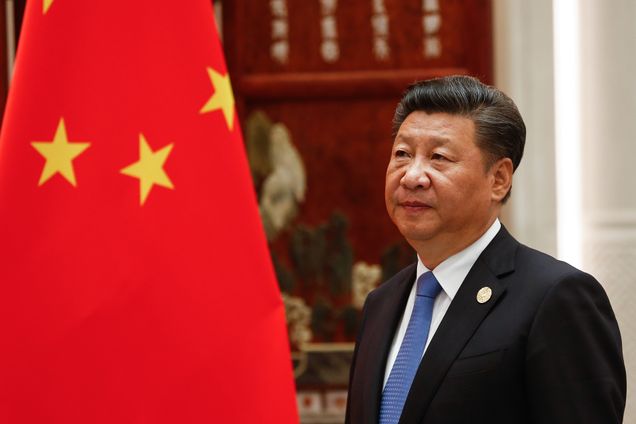Experts React: China Will Stop Building Coal Plants Overseas

In his remarks at the 76th United Nations General Assembly, Chinese leader Xi Jinping announced China “will not build new coal-fired power projects abroad,” a major step in reducing carbon emissions during a critical decade.
What does this mean in terms of global climate and development goals? How will China’s announcement affect its energy finance to developing countries? And what’s next in the global energy transition? Our experts share their reactions to the announcement and what to watch:
“China deserves great praise for pledging to stop building coal plants overseas — the first developing country to make such a pledge and the last of the major public financiers of overseas coal to do so. Now that the world’s major governments have led by example and banned overseas coal plants, it is time for the private sector — which finances the bulk of overseas coal — to follow suit. We will not meet our global climate and development goals if the private sector continues to finance overseas coal while leading governments have stopped. However, China should not cut off energy finance to countries in need. Rather, China should replace coal finance with support for wind and solar power, two industries where China is dominant.”
“According to our China’s Global Power Database, China is currently financing 20 GW of overseas coal capacity that is under construction and 13.5 GW in the planning stage. Some of these projects have already been shelved or deferred as coal became a risky and controversial investment, even for China, the last major public financier of coal. However, the halt of Chinese support for new coal plants could avoid several gigatons of carbon dioxide emissions – a huge win for the climate, not to mention local air pollution in host countries. The scale of these wins will become clear as more details regarding Xi’s statement are determined.”
“China’s decision to stop building coal-fired power plants is a major step forward in aligning finance to achieve the goals of the Paris Agreement on climate change. This announcement closes the chapter on public finance for coal. It begins a new one for developing countries who will need to meet their energy needs through renewables. President Xi’s speech at the General Assembly recognized the need to support a mobilization of resources to support the renewables. It is now time to work with countries to ensure that they have the policy frameworks, the infrastructure and the investments necessary for a clean energy future.”
“President Xi’s commitment to ‘step up support for other developing countries in developing green and low-carbon energy’ unlocks the next phase in global green transitions. Boston University Global Development Policy Center research has identified $1 trillion dollars in renewable energy opportunities in developing countries, based on these countries’ own plans through their Nationally Determined Contributions for the Paris Agreement. Together, these investments represent 494 GW in installed renewable energy capacity outside of China, which is nearly five times the total energy capacity China currently supports overseas. If China channels its tremendous capital, technology and know-how into toward these plans, it can dramatically expand green energy access throughout the developing world.”
Dig deeper:
- Policy brief: Who Funds Overseas Coal Plants? The Need for Transparency and Accountability
- Report: Green BRI and the 2030 Agenda for Sustainable Development – Enhancing Environmental Management System and Policy Studies for BRI Projects
- Journal Article: Chinese Overseas Development Financing of Electric Power Generation: A Comparative Analysis
- Journal Article: Financing Carbon Lock-in in Developing Countries: Bilateral Financing for Power Generation Technologies from China, Japan and the United States
- Interactive Database: China’s Global Energy Finance
- Interactive Database: China’s Global Power Database
- Opinion piece in China Dialogue: China’s Shifting Overseas Energy Footprint
For more policy-oriented research, visit our Global China Initiative program on Energy and Climate.



